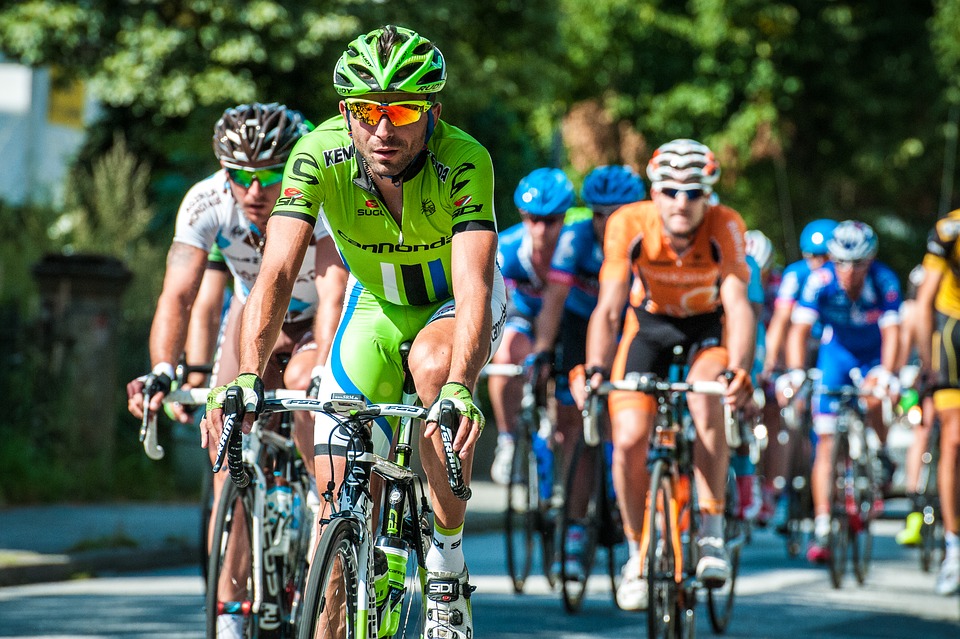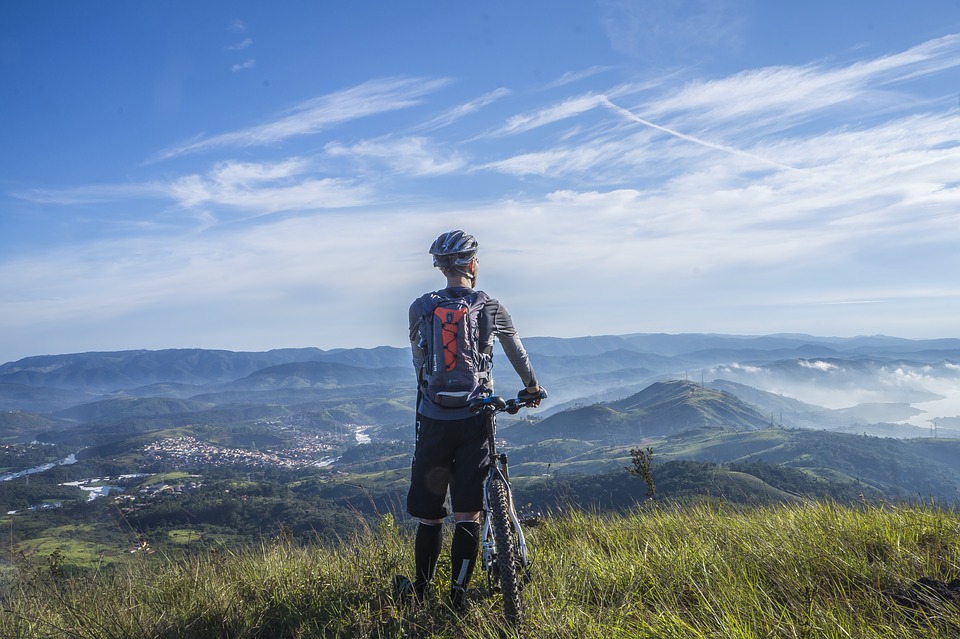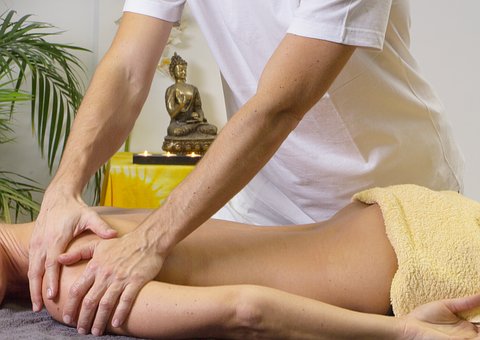Cyclists’ legs can be pain-free the next day too
One of the most popular sports is cycling. It combines sports, the fresh air, and exploring the beauties of nature. It improves physical fitness and is also beneficial for our joints. Cycling uphill is hell of a workout so many cyclists have sore muscles the next day. But it can be avoided!
Those who have been cycling for a while know their limits. And we have some tips for beginners.
Bikes to choose from
Mountain bike or road bike? Choose according to the terrain in which you want to go cycling. For rides in nature, in a forest and a rather demanding terrain, chose a mountain bike. For road cycling, a road bike will do.
Road cycling may seem safer. There is no danger of falling off in a problematic terrain, hitting a root of a tree, etc. However, there are certain risks here too. Cyclists are endangered by road traffic and hitting asphalt is not very pleasant either.
Proper riding position
That's essential. What you need is a bike of the right size adapted to your figure. Also take into account your health condition, limitations, previous injuries, etc. Proper riding position varies with the cycling type.

Road cyclists
They put more strain on the legs - calves and thighs. Due to aerodynamics, they ride greatly bent forward which is associated with the tilt of the head backwards. They, therefore, overload the cervical spine, which leads to headaches. There is also a risk of cervical spine deformity, back pain and disc herniation.
Mountain biking
Its advantage is an upright position. The muscles of the upper body are more involved and the cervical spine is not strained so much. However, the back may hurt. Namely, due to the shocks when riding off-road. This may damage the spine.
The negative effects of cycling must be compensated by stretching the muscles and appropriate compensatory exercises.
Let the body get used to the activity gradually
Cycling, just like any other sport, should benefit your body. It is not desirable for you to get exhausted and hurt yourself.
- Don't overestimate your abilities
- Beware of falls and injuries
- Increase the load gradually, as well as the distance travelled
- Plan your trips according to the weather and time of day
- Don't just do cycling, choose a complementary sport that strengthens the abdominal, back and arm muscles
- Enjoy the ride

Keep hydrated
Have a full bottle of water with you for each bike trip. You can also get ionic drinks. When stopping at a restaurant, forget about drinking alcohol, including beer. Have a juice mixed with water, for example. Drink regularly.
How about food?
Eat something before you go cycling. Eat small portions of food - snacks while riding. Be sure not to eat heavy in the pub when on a bike trip. Your body can handle small portions of food better. You can even have a chocolate bar. Sweet snacks fuel your body with energy.

How to regenerate your muscles?
You should try a massage! The best time for a massage is around the third day, when the greatest fatigue after the performance occurs. Gentle massage, wraps or steaming can do wonders. They relax tense muscles, and help with pain.
You can use relaxing sports gels and ointments, and, in case of muscle fever, lavender oil for the massage. They are easily absorbed and act quickly.
You should also try a sports massage. It is similar to the standard one, yet it utilises stronger pressure and faster grips. This makes it work in depth. It relaxes muscle tension, improves blood circulation, and helps with regeneration. It is suitable for both professional and hobby athletes. You should try it too.











